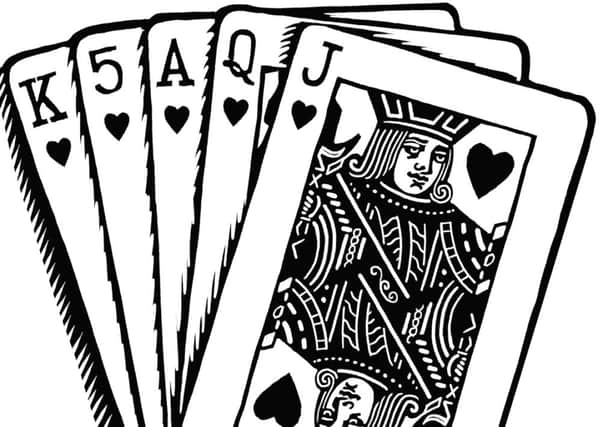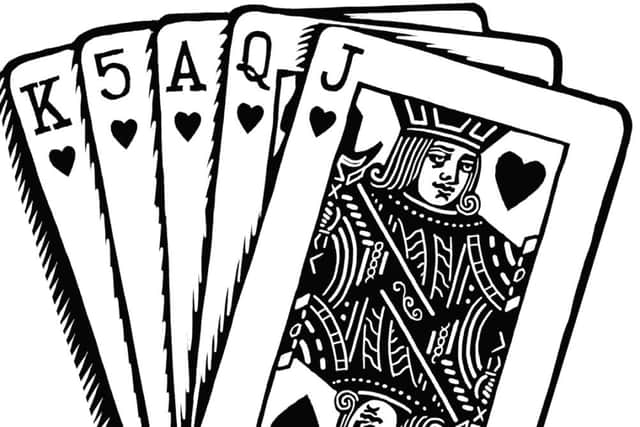44 Scotland Street: E Portugallia semper aliquid boni


Day-to-day responsibility for Bertie and his young brother, Ulysses, had been borne almost entirely by Irene who, in spite of her views of the tyranny of domestic drudgery, nonetheless performed almost all the mundane tasks of running the lives of two small boys – getting Bertie to school in the morning and then afterwards to yoga and psychotherapy, delivering Ulysses (in a miasma of vomit) to the East New Town pre-toddler social awareness play sessions, laundering the endless stream of flannelette garments in which Ulysses passed the day, and making meals for the entire household every evening. All of this had to be done before clearing up and preparing for the next day in which she would do exactly the same thing.
Stuart helped, of course, but there is a major difference between merely helping and actually shouldering the burden. Even if he cooked the evening meal from time to time, he rarely did the shopping required to stock the kitchen cupboard. And even if he bundled clothes into the washing machine, very seldom did he remove them, and even less often did he iron them.
Advertisement
Hide AdLike Bertie, he had encouraged Irene to take up her prize of a five-day free holiday; like Bertie, he had imagined that these five days would be a period of blissful freedom. And that is what they were. But at the end of the fifth day, when the news came through that Irene had gone off to a desert encampment, Stuart had begun to discover that supplies were running low in the kitchen, that the hall carpet was looking particularly dirty, and that there were very few clean flannelette rompers left in the drawer given over to Ulysses’ clothing. And that was even before he had to tackle the issue of getting Bertie to school and arranging day care for Ulysses.


Stuart’s solution had been to take ten days’ compassionate leave from his job as a statistician with the Scottish Government. His immediate superiors had been supportive. “Of course you’ll need a bit of time to get things sorted out,” his departmental head reassured him. And then, with a sympathetic look, had continued, “Look, we all hope that your wife will be found – the uncertainty must be truly awful.”
“Oh, they know where she is,” said Stuart. “It’s really a question of getting her out again.”
“Of course.”
Eyes were lowered. Everyone knew from the press reports that Irene was last seen entering a harem, and everyone’s imagination had been working overtime to construct a picture of her there. For some, it was simply impossible, harems being so beyond the normal range of contemporary experience; surely there was some mistake, they thought, and Irene was merely the victim of some mix-up over a visa or a permis de séjour and everything would shortly be sorted out. Others envisaged Irene in a scene that would not have been out of place in an Orientalist painting, with blue-tiled walls, marbled pools, and great feather fans being swayed gently by sultry boys. And behind such imaginings was the awful, insistent thought: had Irene been obliged to go through some marriage ceremony with the Bedouin sheik whose guest she had been?
Stuart himself had not a single doubt in his mind but that Irene would rapidly have taken control of the harem and engaged in the task of raising the awareness levels of the women who were quartered there. There were some indications that she had organised a book group in the harem, as Blackwell’s Bookshop on South Bridge had received a bulk order for twenty copies of a novel recently reviewed positively in the Guardian. The delivery address for this order was in one of the Gulf states, in an office known by British consular officials to be the address of the Bedouin sheik’s coastal agent. As far as Stuart was concerned, that was proof positive that Irene, although not free to travel, was not cowed.
The solution to Stuart’s difficulties came from an unexpected quarter. His mother, Nicola Pollock, now in her early seventies, had lived in Portugal for the previous ten years after marrying a shipper of Douro wines. Stuart’s father had died a few years before this second marriage, and Nicola had not taken well to life on her own in Melrose, where they had spent much of their married life. She had met the wine shipper on a Baltic cruise on which the women had outnumbered the men by almost three to one. Such single men as there were – and there were not more than eight of these on board – found themselves in constant demand, and indeed one or two had taken to having their meals in the seclusion of their cabins, so pursued were they if they ventured into any of the ship’s public rooms.
Advertisement
Hide AdNicola Pollock had met Abril Tavares de Lumiares in the bridge club that took over the aft saloon every evening before dinner. Abril was a year or two older than she was and had not been married before. He had been engaged for a number of years in an arrangement that had a dynastic flavour to it – both families saw the business sense in the union – but eventually, after an engagement lasting eleven years, he and his fiancée had drifted apart. Abril had decided that marriage, perhaps, was not for him, and had thrown himself into building up the business that sent Douro wines, fortified and table, off to markets his father had developed in the United States, Canada, and Brazil. On the cruise, though, away from the demands and pressures of the business, he had decided that he and Nicola should be for one another more than newly-discovered bridge partners.
He declared himself in the course of a bid, in what might well have been the only proposal of marriage in the history of bridge; bridge, of course, being the catalyst for many a divorce: foolish bidding, although not in itself a casus divortii may well be a causa divortii.
“Five hearts,” he had opened.
Advertisement
Hide AdThe likely lie of the cards made this absurd, and they all laughed; it was friendly bridge.
“Are you mad?” asked Nicola.
“No,” said Abril. “But perhaps I am in love. That is why I am thinking of hearts – and of the contract that might result.”
This remark was greeted with silence. Then one of the other players said, “Double,” greatly increasing the risk of the original bid.
“Double is better than single,” said Abril.
“Beds?” asked somebody, and laughed.
© 2015 Alexander McCall Smith
• Alexander McCall Smith welcomes comments from readers. Write to him c/o The Editor, The Scotsman, Level 7, Orchard Brae House, 30 Queensferry Road, Edinburgh, EH4 2HS or via e-mail at [email protected].